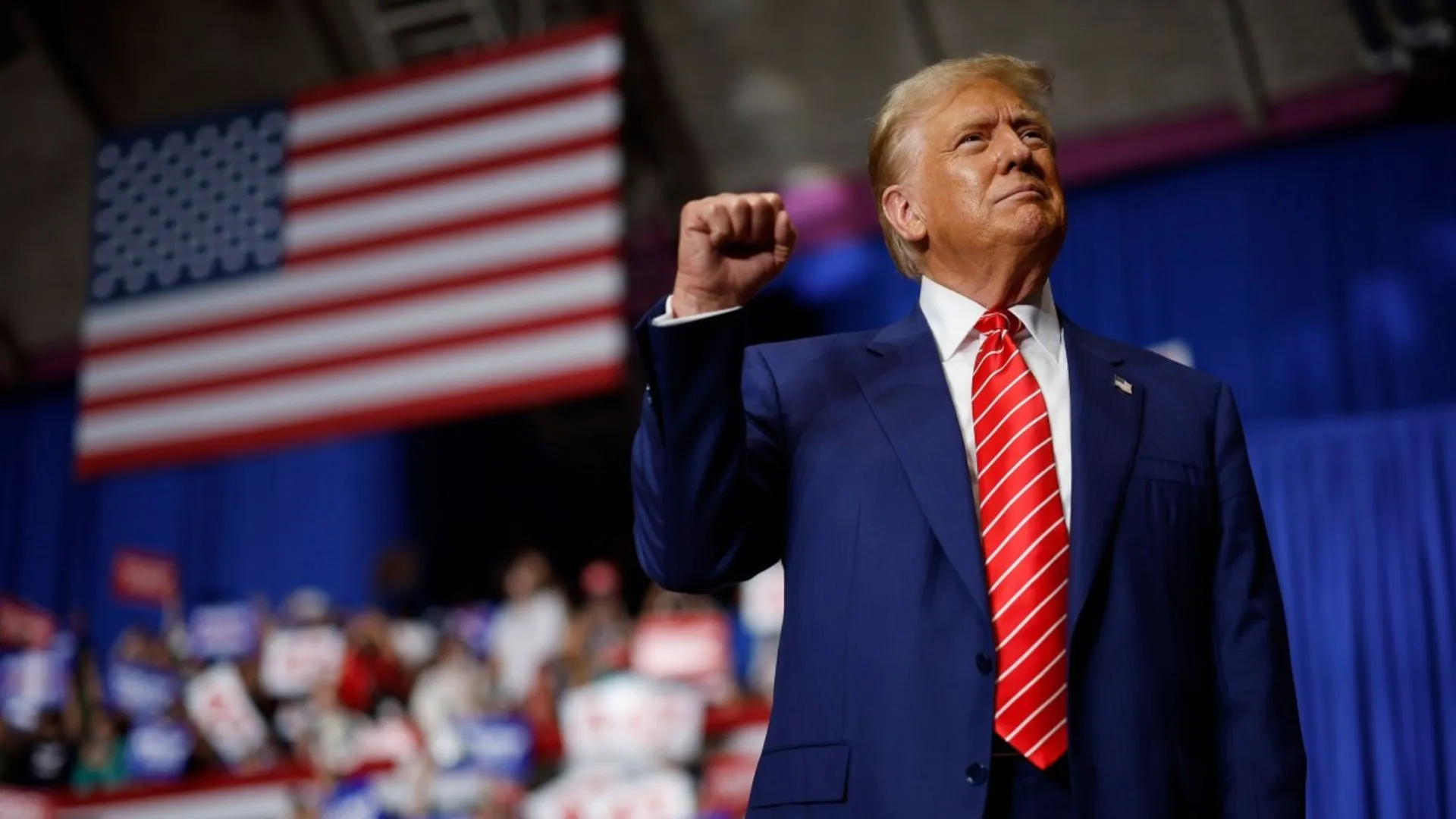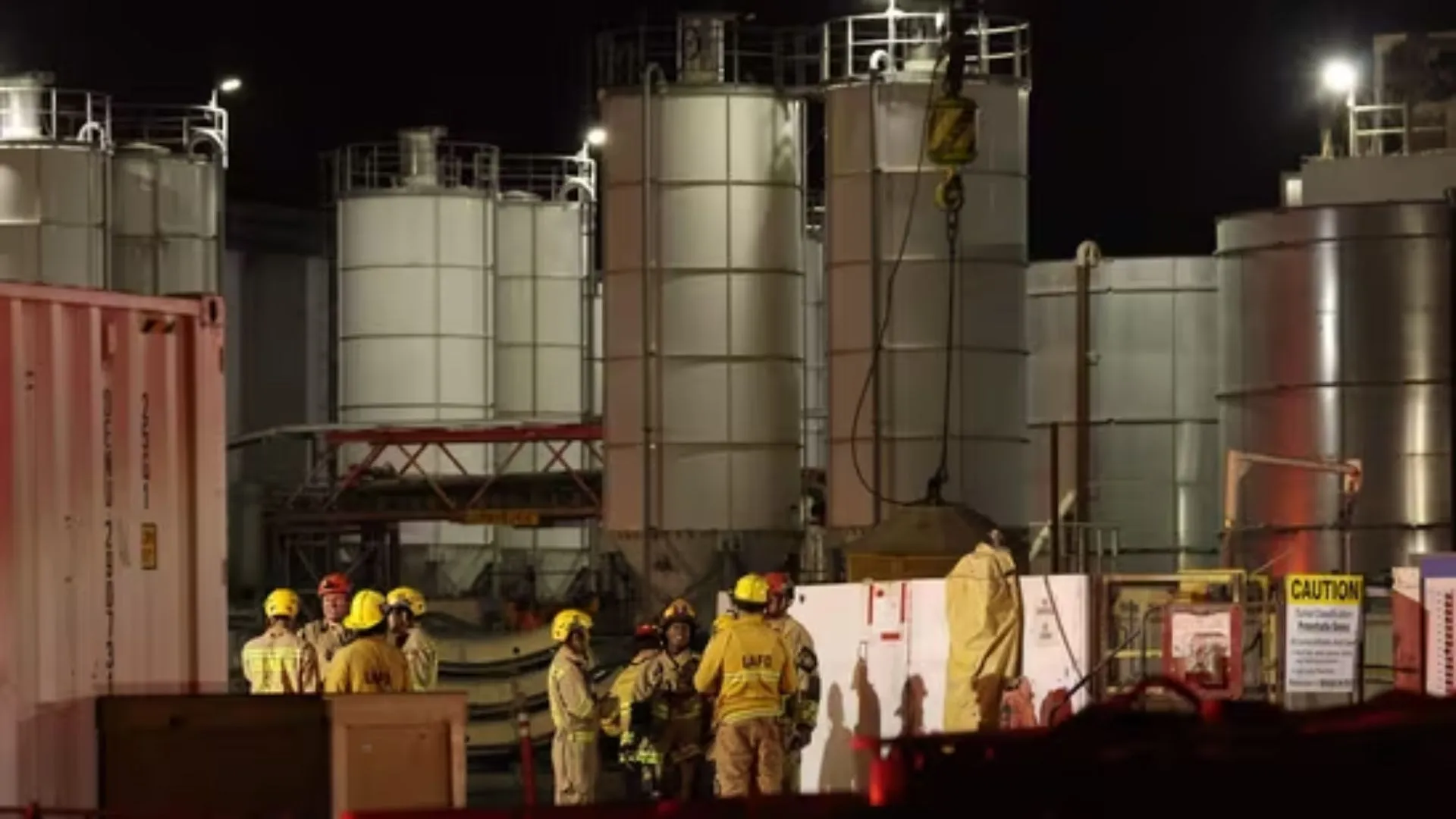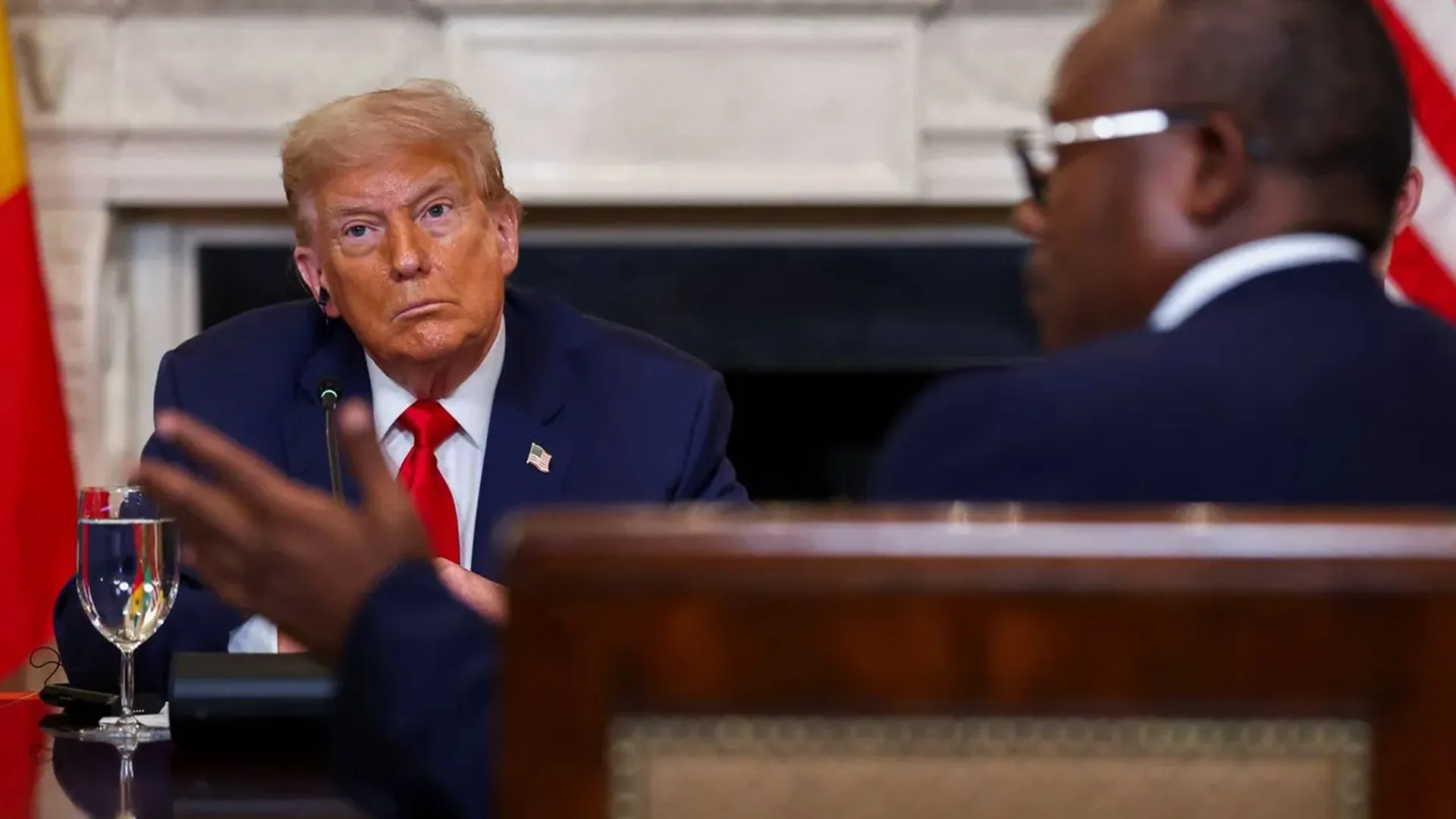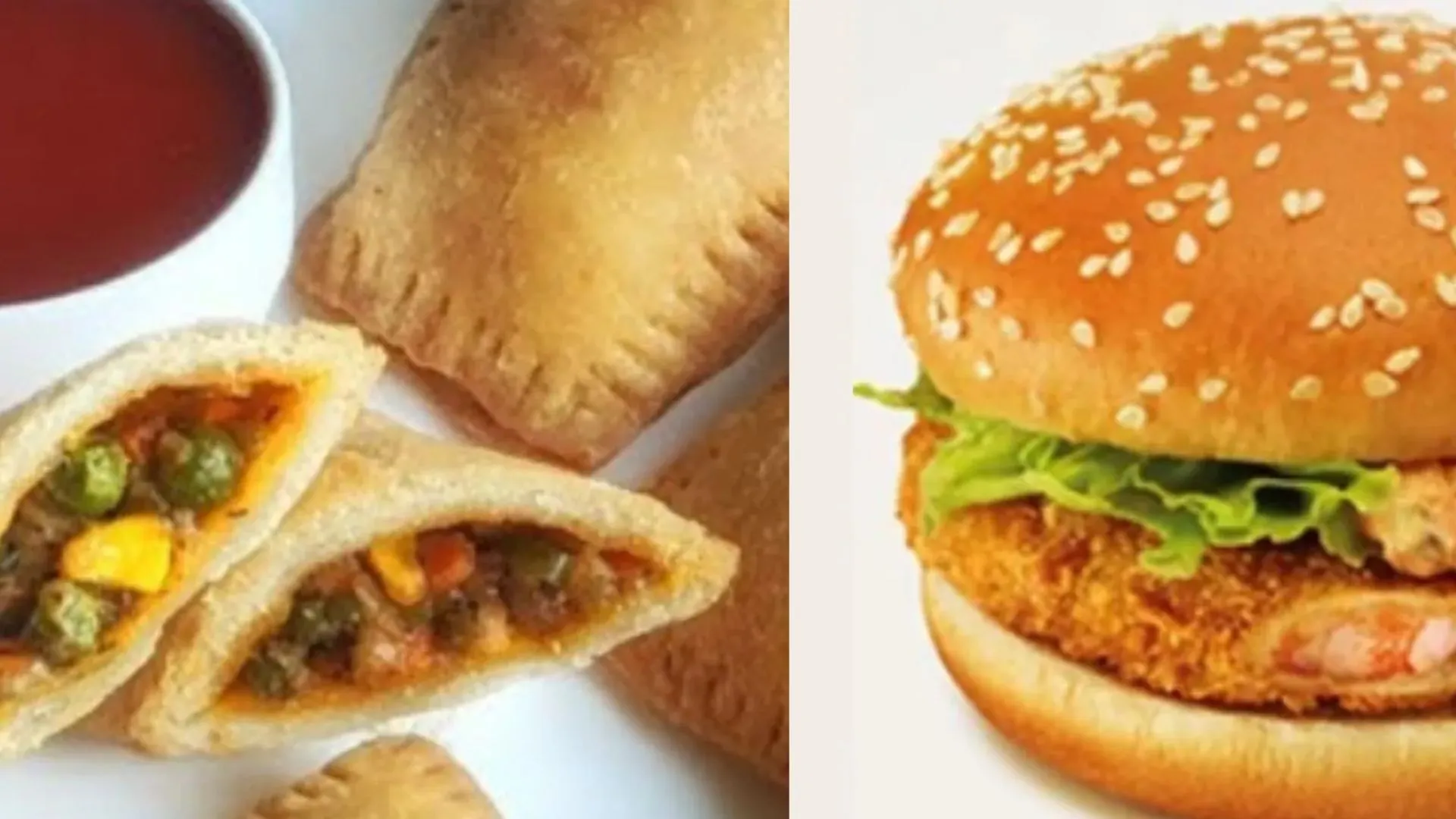US President Donald Trump’s suggested tariffs on medicine and copper imports have caused alarm in India since the country risks losing important market share in the US — its largest export market for drugs and an important copper purchaser.
Trump declared a 50% copper import duty and a possible 200% tariff on drugs in the interest of national security and increasing local manufacturing. These actions, if they happened, could upset India’s multi-billion dollar exporting businesses.
India’s copper exports are subject to limited risk
Trump approved a 50% copper import tariff at a Cabinet meeting, after conducting a Section 232 probe that permits duties on national security rationales. The US imported $17 billion worth of copper in 2024, with India accounting for $360 million, or approximately 17% of its copper exports.
Whereas copper prices rose by 15% subsequent to the announcement, Indian exporters will likely take the hit better than anticipated. With demand increasing domestically in segments such as EVs and infrastructure, Indian manufacturers might turn inward or to other export markets.
Pharma exports are more vulnerable to 200% duty
India’s $9.8 billion pharma exports to the US are more vulnerable. The suggested 200% tariff on foreign drug imports would target cheap generic medicines that control US prescriptions. “We’re going to be announcing pharmaceuticals, chips, and a couple of other things — you know, big ones,” Trump threatened.
Industry players are worried that the high tariff will render Indian generics non-competitive and companies might either raise prices or withdraw from the US market. Smaller companies without regulatory flexibility would be severely affected. Larger companies could opt to shift manufacturing to the US, but hurdles in compliance exist.
Tariffs raise stakes in trade talks
India and the US are negotiating a mini trade deal, and the tariffs can be negotiated using these during the negotiations. Trump has delayed previously imposed tariffs till August 1, leaving an opportunity for fresh deals. The success of these negotiations will decide if India can escape the immediate brunt.
India looks into strategic adjustments
India is likely to step up diplomatic pressures for exemptions or phased introductions. Industry associations would push for exclusion of key drug categories. Strategically, India could also increase pharmaceutical and mineral exports to Latin America, Africa, and Southeast Asia to minimize dependence on the US.
For copper, increasing domestic demand provides insulation. But for pharmaceuticals, countering US protectionism is a formidable task.






















